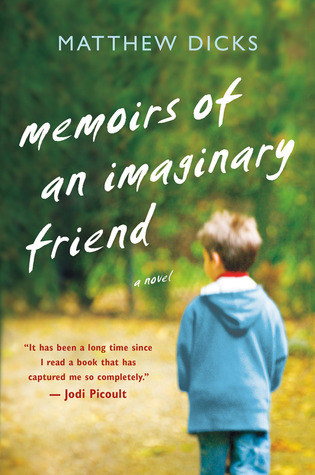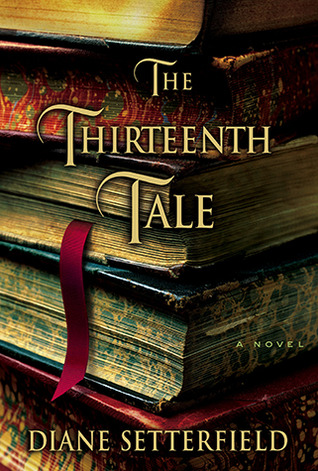“Some day, Locke Lamora,” he said, “some day, you’re going to fuck up so
magnificently, so ambitiously, so overwhelmingly that the sky will
light up and the moons will spin and the gods themselves will shit
comets with glee. And I just hope that I’m still around to see it.”
After the last review, I'm thrilled to be able to write about this book. The Lies of Locke Lamora is the polar opposite of my last review - I adored every last moment of this book and look forward to reading other volumes in the Gentleman Bastard series (for the record, this isn't the type of series where you HAVE to read more books to know what happens - this wraps up it's primary story, so if you wanted to stop here, you could). This book has everything good fantasy should - magic, mayhem, fabulous characters, a well developed world that is explained to you, heightened stakes, intrigues - everything.
Lies tells the story of the thieving orphan Locke Lamora, and his specially selected "family" of thieves, the Gentlemen Bastards - Chains, Jean, the Salvaras, Sabetha (who we never meet), and Bug. The primary story is that of the "present," where Locke has developed his skills so thoroughly as to be known as the Thorn of Camorr (Camorr being the city in which they live). Locke is planning a big scam with his boys; in the meanwhile, a menace known as the Gray King is picking off people important to Capa Barsavi, the man who essentially runs the underworld of Camorr and all it's thieves and disreputable types. Locke is unwillingly pulled into his plans, and chaos ensues. This story is interrupted at regular intervals to tell stories of Locke's upbringing, and to give pieces of history that are relevant to the next part of the story.
I love everyone in this story, even the people I love to hate. The characters here are richly three dimensional, with fascinating motivations and brilliant dialogue. These are guys I want to hang out with, regardless of their choice of occupation. Part of their thievery appeals to me as an actor. Father Chains, the blind priest who is neither blind, nor a real priest, gathers the boys together and teaches them how to be a much more advanced sort of thief. They learn accents and languages, different cultural symbols, advanced math, crazy fighting skills - everything to make them capable of pretending to be anyone at all. The goal in all of this is to elevate them from common thieves to an almost Robin Hood status - the only people they rob from with their games are the nobility. They don't give that money to the poor, so that analogy is only really partially accurate. The elaborate lengths they go to in order to accomplish their cons are just beautiful. It's so much fun to watch them work.
The heavy end of the spectrum is everything that happens regarding the Gray King. I can't delve into plot here - the twists are many, and even when you think you know what's coming, it's worth seeing it develop instead of knowing ahead of time. But there's some brilliant dramatic tension along with the comedy, fitting together in a lovely balance that keeps you coming back for more.
For the more easily offended readers out there, foul language and violence abound. I don't find either to be used gratuitously, but your mileage may vary.
I loved this book so very much, and I was sad to see it end. I'll definitely be picking up at least one more book in the series to see how Lynch does with keeping up to the high bar he's set with this piece. A must read.





